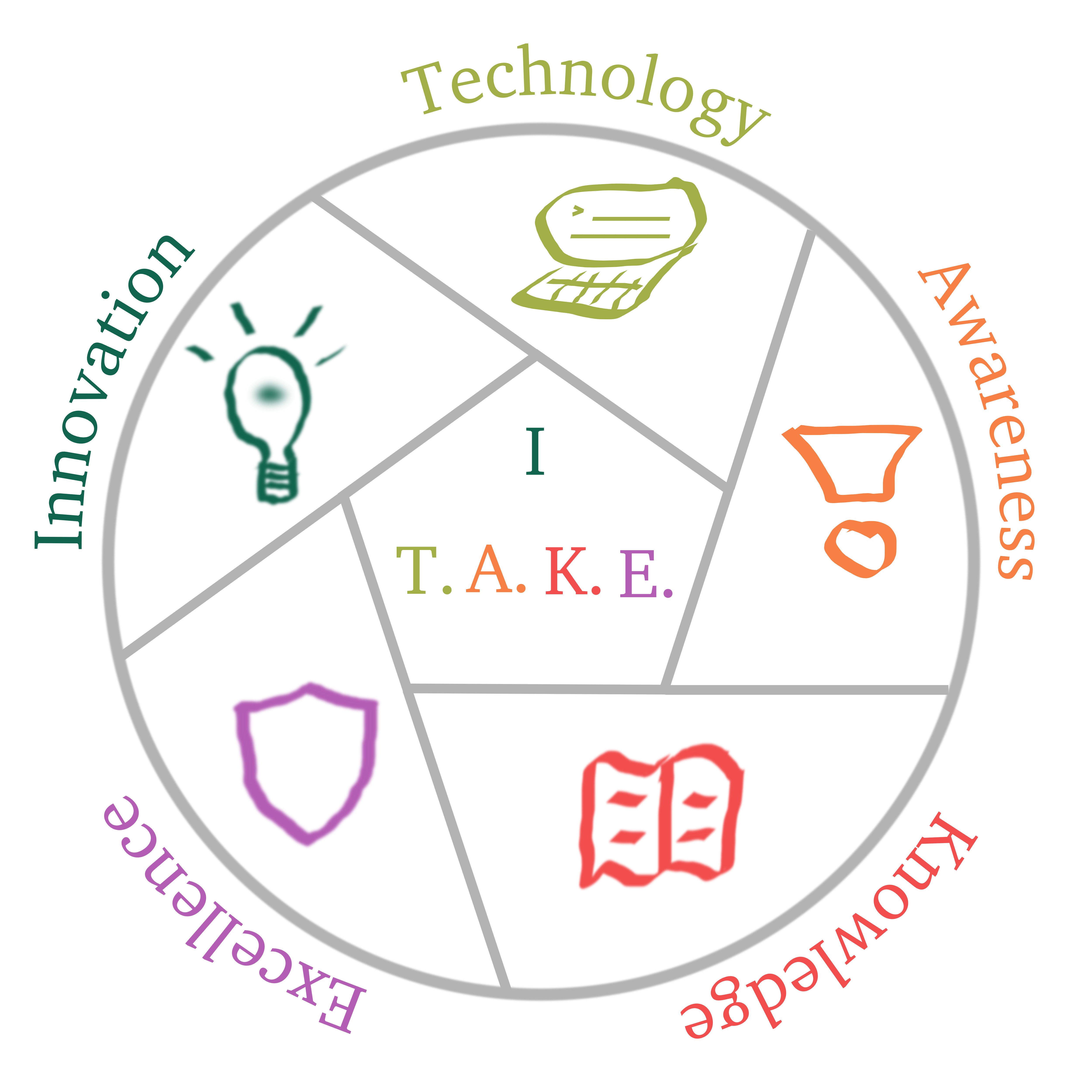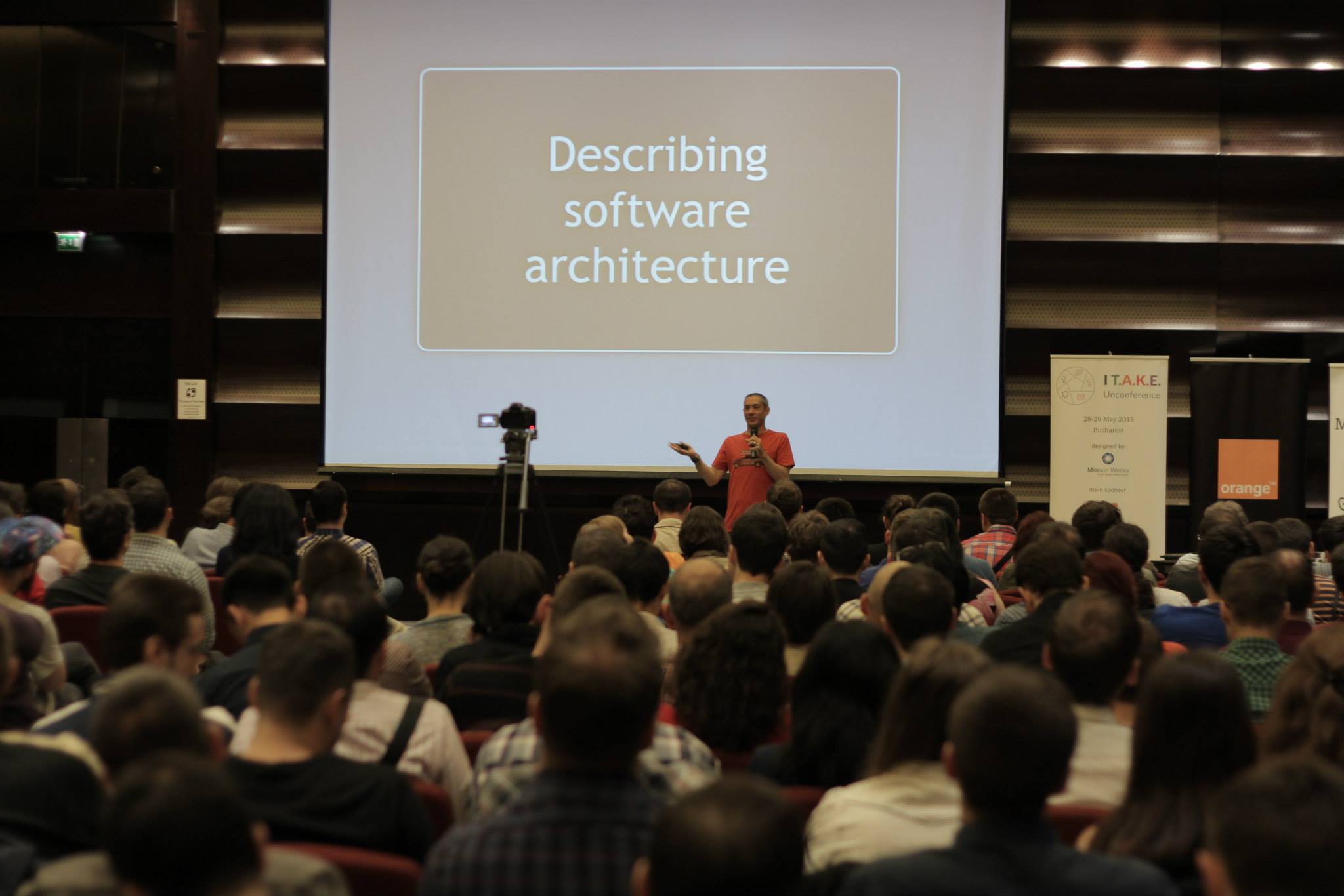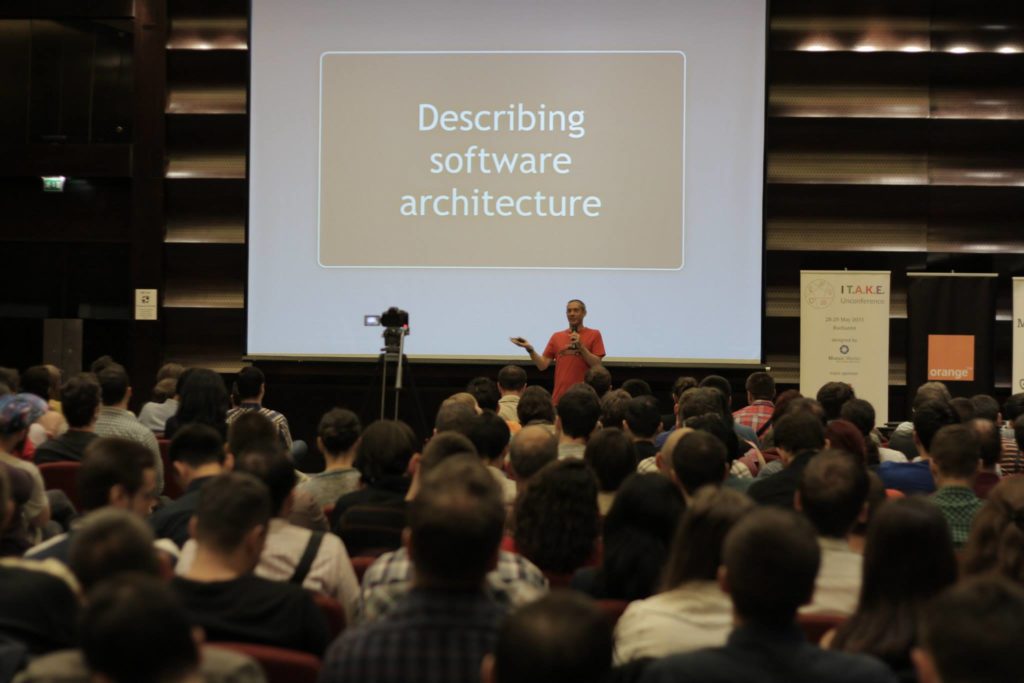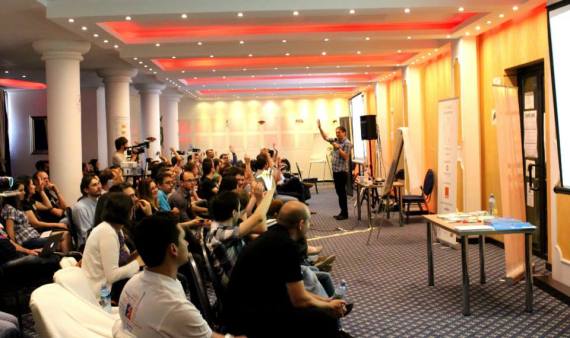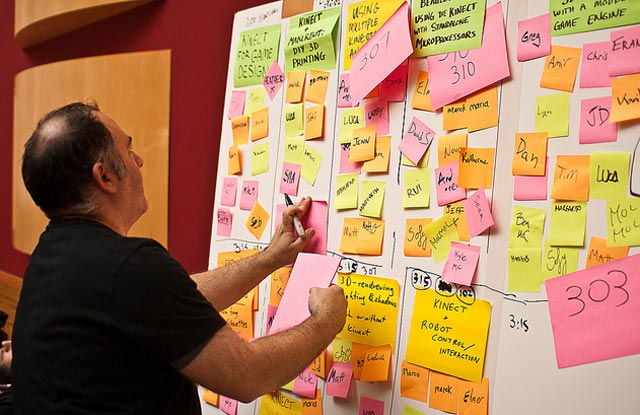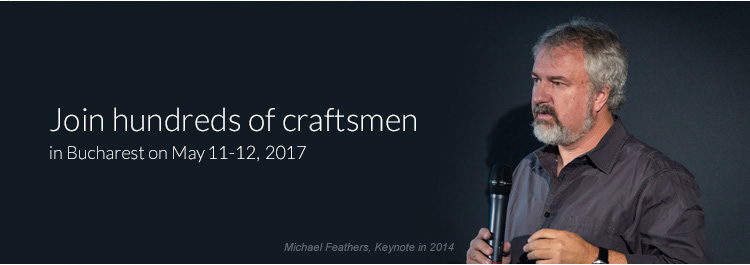
When asked about what’s stopping them from joining technical events as speakers, most software crafters mention both external and internal barriers. Among them, “lack of extensive speaking experience” and “I can’t identify a specific topic to talk on” are recurrent.
If this is your case as well, here are 5 tested way from our team to get your ideas in order.
#1. Think of your best area of expertise and identify what’s worth sharing with others.
#itakeunconf tip: our team of reviewers will help you improve your sessions if necessary.
#2. Get a group of friends or colleagues together. Having other people to brainstorm ideas can help a lot: you might discover ideas that you wouldn’t have thought otherwise.
#itakeunconf tip: whenever we feel blocked, we ask our colleagues opinions. This way, we know that we will advance faster and improve our work.
#3. Identify specifically one practice or more from your area of expertise. What’s one important thing you are mastering and believe other practitioners should know? Why?
#itakeunconf tip: when applying to call for speakers, ask for feedback from the event team on your ideas.
#4. Present your session in a dedicated meetup, with a smaller audience. This way you will gather feedback and discover some new perspective to approach the session.
#itakeunconf tip: no matter the city, there are countless active meetup groups in the technology field. For example, if interested in agile, lean and software craftsmanship, get involved in AgileWorks monthly meetup.
#5. What’s the most exciting thing you are currently working on? Write down what’s your current drive and why. What example can you make out of it and others would find it useful?
[ctt template=”12″ link=”Q5Hdc” via=”no” ]#itakeunconf tip: our team of reviewers will help you improve your sessions if necessary.[/ctt]
Show us your coding skills and experiments. You have time until December 15th to apply at Call for Speakers!
